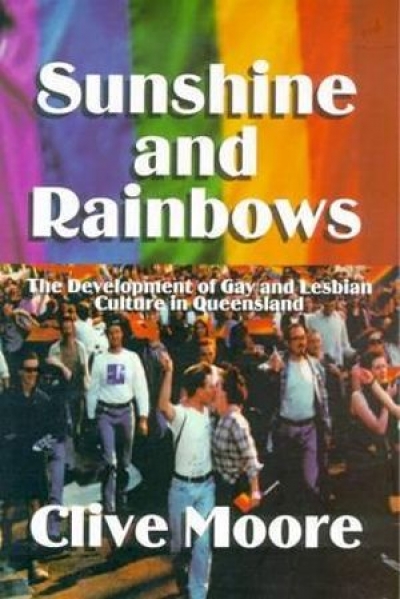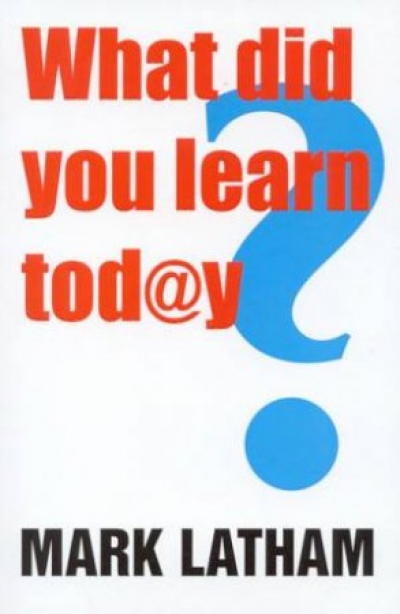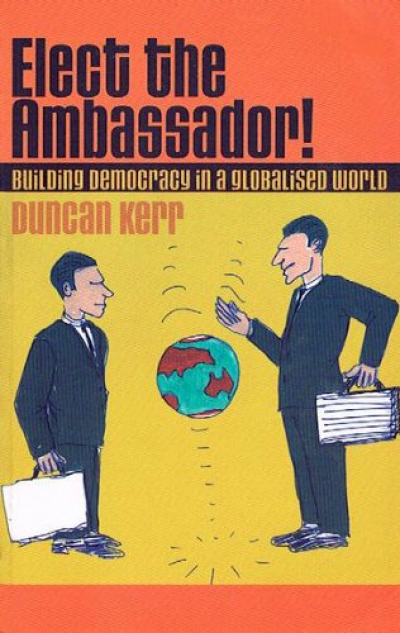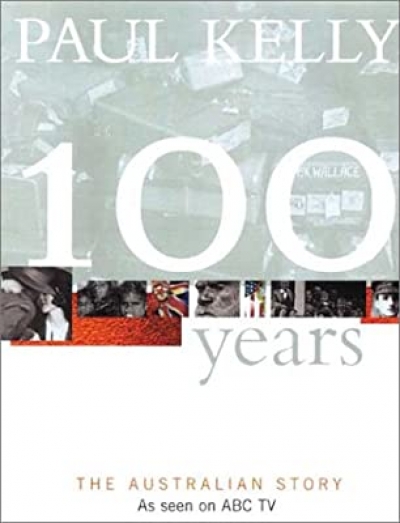Archive
Film | Theatre | Art | Opera | Music | Television | Festivals
Welcome to ABR Arts, home to some of Australia's best arts journalism. We review film, theatre, opera, music, television, art exhibitions – and more. To read ABR Arts articles in full, subscribe to ABR or take out an ABR Arts subscription. Both packages give full access to our arts reviews the moment they are published online and to our extensive arts archive.
Meanwhile, the ABR Arts e-newsletter, published every second Tuesday, will keep you up-to-date as to our recent arts reviews.
Recent reviews
Sunshine and Rainbows: The development of gay and lesbian culture in Australia by Clive Moore
Coming upon the fertile fields of Mildura after miles of dry Mallee shrub you have the sense of entering an oasis. For a writer, arriving at the Mildura Festival elicits a similar response: here, at last, is a place to be refreshed and fed, metaphorically and literally. It is a friendly and delicious affair, where writers are fêted because their work is valued and where enjoyment seems raised to a fine art. If ever writing was thought to be food for the mind, then here food for the body is regarded as spiritual nourishment as well.
... (read more)Few people come to Gunning, NSW, population 530, for something to read. Before 1993, people came because they couldn’t avoid it. The Hume Highway used to bring 3000 semitrailers a day along the main street. ‘At least you got to read the bumper stickers,’ one resident said when I moved here’. Because it was sure as hell impossible to talk.’
... (read more)Elect the Ambassador: Building democracy in a globalised world by Duncan Kerr
A Witness to History: The life and times of Robert Arthur Broinowski by Richard Broinowski
'The National Gallery of Victoria – A New Partnership with ABR' by Dr Isobel Crombie
This issue marks the start of a new feature for ABR, with covers reproducing some of the finest Australian photographs held by The National Gallery of Victoria (NGV). ABR is a journal that critically engages with a broad range of creativity, so it seems fitting that it should also highlight photography, a medium that is not only one of the leading art forms of the modern era but also an area in which Australian artists consistently excel.
... (read more)






